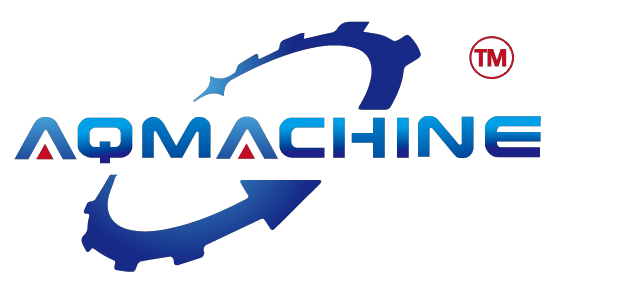Non Woven Face Mask Machine: Revolutionizing Mask Production
In recent times, the importance of face masks in safeguarding public health has become more evident than ever. Various types of masks cater to different needs, ranging from basic dust protection to advanced medical applications. One significant advancement in the production of face masks is the Non Woven Face Mask Machine, a revolutionary piece of equipment that streamlines the manufacturing process, ensuring efficiency and quality.
Types of Face Masks
Face masks come in various types, each designed for specific purposes. The most common types include:
1.Surgical Masks: Surgical masks are loose-fitting, disposable masks that protect the wearer’s nose and mouth from contact with droplets, splashes, and sprays that may contain germs.
2.N95 Respirators: N95 respirators are tight-fitting masks designed to achieve a very close facial fit. They are highly efficient at filtering out airborne particles, making them crucial in healthcare settings.
3.KN95 Masks: Similar to N95 respirators, KN95 masks offer high filtration efficiency and are commonly used in non-healthcare settings where exposure to respiratory droplets is a concern.
4.Cloth Masks: Cloth masks are reusable and often made from multiple layers of fabric. While they may not provide the same level of protection as medical-grade masks, they are effective in preventing the spread of respiratory droplets.
Mask Production Process
The production of face masks involves a series of carefully orchestrated steps. The Non Woven Face Mask Machine automates these processes, ensuring precision and consistency. The key steps in mask production include:
1.Material Feeding: Raw materials, typically non-woven fabric, are fed into the machine. This material serves as the primary layer of the mask.
2.Nose Clip Insertion: A metallic strip or a plastic nose clip is inserted to help the mask conform to the shape of the wearer’s nose, ensuring a secure fit.
3.Ultrasonic Welding: Ultrasonic welding is employed to bond the various layers of the mask together, creating a seamless and sturdy structure.
4.Ear Loop Welding: The machine attaches ear loops or ties to the mask, allowing for easy and secure attachment to the wearer’s face.
5.Edge Sealing: The edges of the mask are sealed to prevent particles from entering or escaping through the sides.
Mask Material Composition
Face masks are constructed from a combination of materials, each serving a specific purpose:
1.Non-Woven Fabric: The primary material, non-woven fabric, provides filtration and acts as a barrier against particles.
2.Nose Clip: The nose clip, often made of metal or plastic, ensures a snug fit around the nose.
3.Ear Loops or Ties: These components secure the mask to the wearer’s face.
Non Woven Face Mask Machine
Our company has pioneered the development of advanced face mask manufacturing machines, offering two main types:
1.Regular Face Mask Machine: Capable of producing both standard and medical-grade masks, this machine streamlines the entire production process, from material feeding to edge sealing.
2.Fish-shaped Mask Machine: Specifically designed for the production of KF94 masks, the fish-shaped mask machine incorporates advanced technology to create masks with a unique design, offering enhanced protection.
In conclusion, the Non Woven Face Mask Machine represents a significant leap forward in face mask production. By automating and optimizing the manufacturing process, these machines contribute to the mass production of high-quality masks, addressing the increasing global demand for reliable personal protective equipment.




